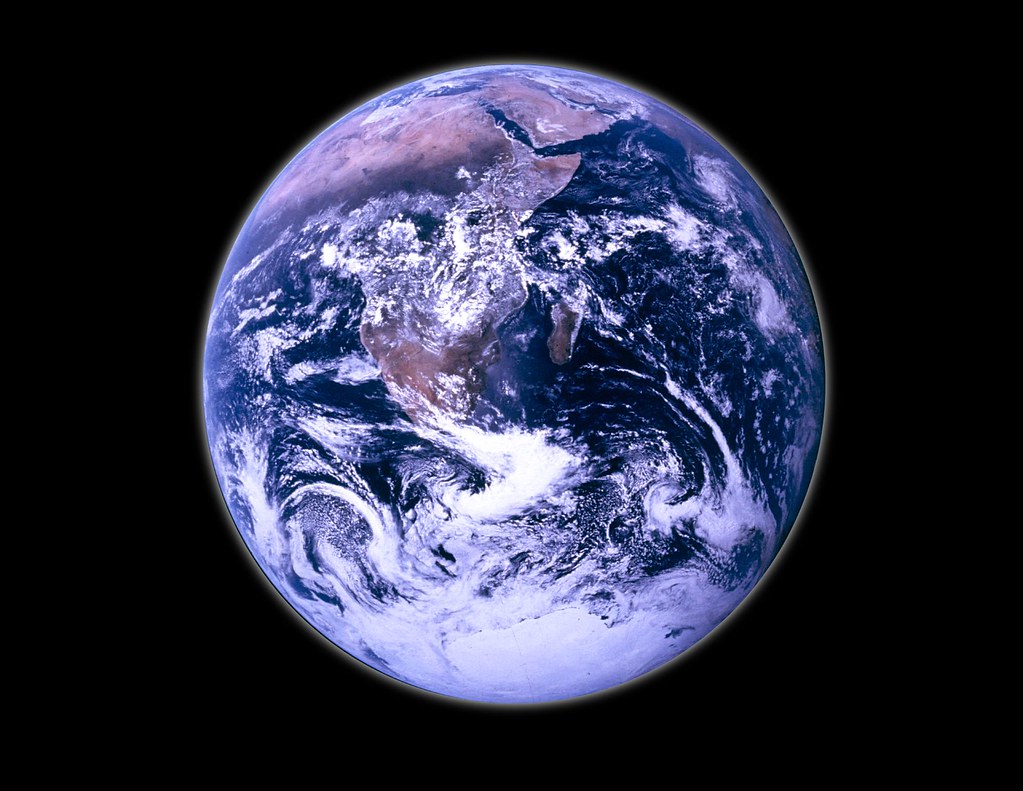New study challenges conventional view of when life began on Earth

- Country:
- United Kingdom
A new study led by researchers at University College London (UCL) suggests that a variety of microbial life existed on Earth at least 3.75 billion years ago.
The researchers analysed a fist-sized rock from Quebec, Canada, estimated to be between 3.75 and 4.28 billion years old. While past analysis of the rock revealed tiny filaments, knobs and tubes created by bacteria, in the new analysis, the team discovered a stem with parallel branches on one side that is nearly a centimetre long – as well as hundreds of distorted spheres, or ellipsoids.
While some of the structures could conceivably have been created through chance chemical reactions, the “tree-like” stem with parallel branches was most likely biological in origin, as no structure created via chemistry alone has been found like it, said the researchers, who also provided evidence of how the bacteria got their energy in different ways.
"This means life could have begun as little as 300 million years after Earth formed. In geological terms, this is quick – about one spin of the Sun around the galaxy," said lead author Dr Dominic Papineau (UCL Earth Sciences, UCL London Centre for Nanotechnology, Centre for Planetary Sciences and the China University of Geosciences), who collected the rock samples in 2008.
The team compared the structures and compositions to more recent fossils and also analysed the rock specimens under various optical and Raman microscopes, concluding that the haematite structures could not have been created through the squeezing and heating of the rock (metamorphism) over billions of years.
The study also pointed out that the structures appeared to be better preserved in finer quartz (less affected by metamorphism) than in the coarser quartz (which has undergone more metamorphism).
The research is published in the journal Science Advances and involved researchers from UCL Earth Sciences, UCL Chemical Engineering UCL London Centre for Nanotechnology, and the Centre for Planetary Sciences at UCL and Birkbeck College London, as well as from the U.S. Geological Survey, the Memorial University of Newfoundland in Canada, the Carnegie Institution for Science, the University of Leeds, and the China University of Geoscience in Wuhan.
More details can be found here.
- READ MORE ON:
- life on Earth
- University College London
- microbes Earth










